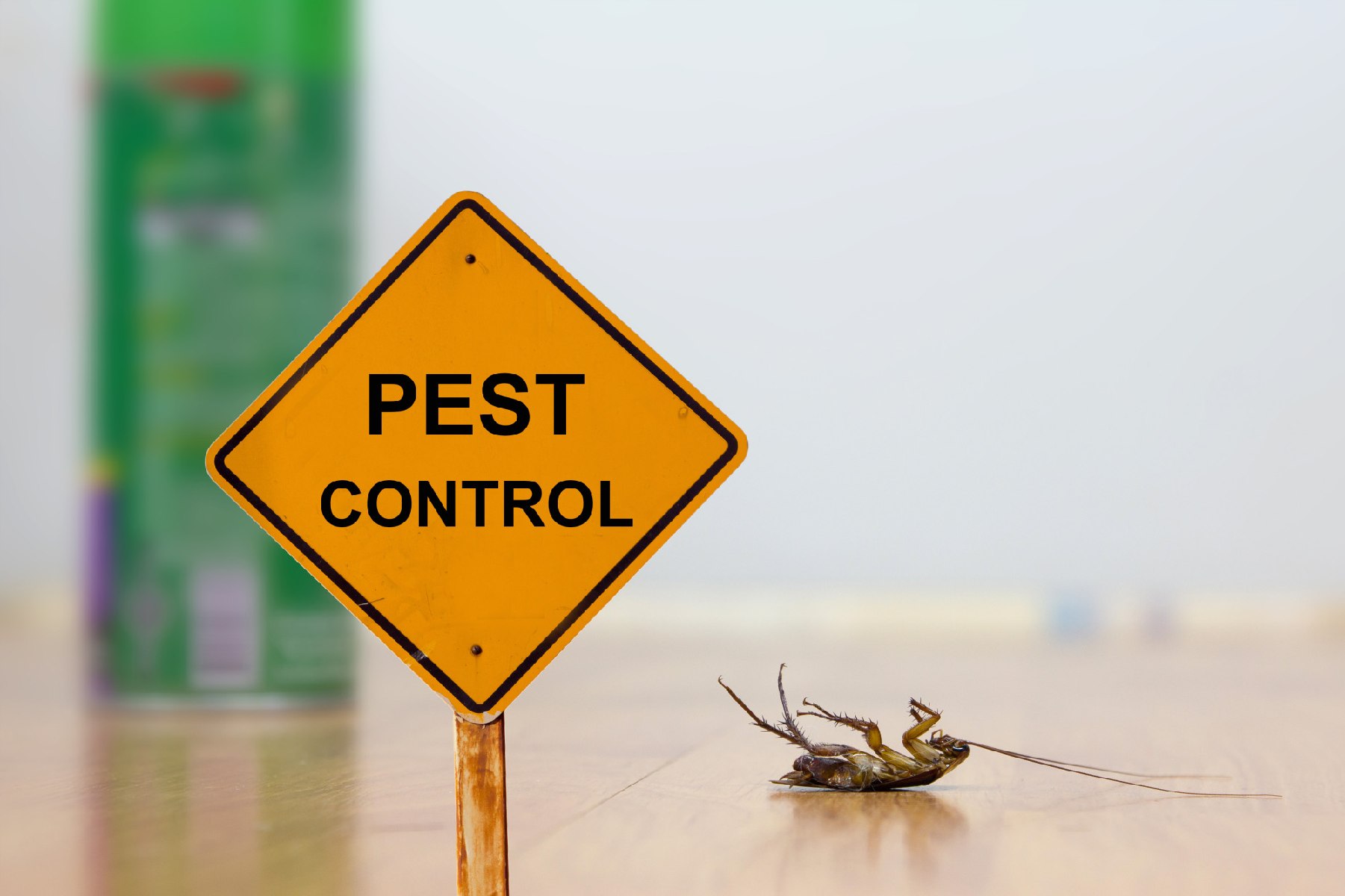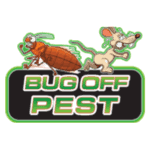Exploring Innovative Techniques and Products for Reliable Bug Control
The landscape of pest control is evolving, marked by the development of cutting-edge strategies and items developed to improve performance and sustainability. From clever traps geared up with advanced surveillance systems to organic techniques that use natural killers, these improvements present a paradigm shift in exactly how we approach pest monitoring.
Smart Traps and Keeping An Eye On Solutions
Exactly how can modern-day technology enhance parasite administration? One significant improvement is the development of smart traps and monitoring systems, which provide real-time data and analytics for reliable bug control. These systems make use of sensors and cordless modern technology to discover parasite activity, signaling property supervisors and insect control experts to problems prior to they intensify.
Smart catches are equipped with functions such as lure stations that draw in pests and catch them efficiently. These catches can be kept an eye on from another location, permitting prompt treatments and decreasing the need for comprehensive chemical applications. Furthermore, the combination of artificial intelligence algorithms enables these systems to separate in between target bugs and non-target species, enhancing the accuracy of pest control steps.
Furthermore, the information gathered from smart catches can be examined to identify patterns in parasite behavior and environmental variables adding to infestations (Pest Control in Port Charlotte). This information is indispensable for developing targeted bug administration approaches tailored to particular atmospheres. By welcoming smart traps and checking systems, parasite control specialists can enhance their functional performance and reduce the environmental influence of pest monitoring, ultimately causing safer and more lasting techniques in the market
Organic Parasite Control Techniques
Making use of all-natural predators and bloodsuckers, organic insect control techniques provide an eco-friendly alternative to chemical therapies. This strategy includes the intro or improvement of certain microorganisms that can normally regulate parasite populations, consequently lowering reliance on synthetic chemicals. Common examples include making use of ladybugs to manage aphid problems and parasitical wasps to target caterpillars.

Organic control can be categorized into three primary strategies: classical, augmentative, and conservation. Classical biological control includes importing all-natural opponents from the parasite's indigenous environment, while augmentative control involves increasing the population of existing natural enemies through releases. Preservation approaches concentrate on creating conditions that support these valuable microorganisms in the environment.
The performance of biological insect control depends upon understanding the complex communications within environments. It usually calls for a comprehensive analysis of bug dynamics and the life process of both the parasites and their natural enemies. While organic methods may not give instant results like chemical options, they add to lasting parasite administration and ecosystem wellness. As recognition of ecological problems expands, organic pest control approaches are increasingly identified for their lasting duty in incorporated insect administration programs.
Eco-Friendly Chemical Alternatives
Green chemical alternatives provide a sensible remedy for pest management that reduces ecological influence while efficiently regulating insect populations. These alternatives are derived from all-natural sources and are meticulously developed to target certain pests without hurting useful organisms, making them a vital component of lasting parasite control methods.
Amongst the most effective eco-friendly options are plant-based insecticides, such as neem oil and pyrethrin, which are originated from the seeds and blossoms of various plants. These compounds interrupt the life process of pests, decreasing their populations without the poisonous effects connected with traditional chemicals - Pest Control in Port Charlotte. In addition, important oils like pepper mint and clove oil show repellent residential properties, further improving their energy in bug administration

In addition, green chemical choices usually break down quicker in the environment, reducing the danger of soil and water contamination. This particular aligns with the boosting customer demand for lasting techniques in farming and city pest control. As study continues to advancement, the growth of ingenious green formulations will certainly additionally enhance efficacy and expand application areas, making it possible for pest administration experts to embrace greener, a lot more accountable methods in their techniques while protecting human health and the setting.
Pheromone Interruption Techniques
Another innovative strategy in sustainable insect management is the usage of scent disruption strategies. These methods manipulate the natural chemical signals, or scents, that bugs make use of for interaction, specifically in breeding habits. By disrupting these signals, parasite populations can be successfully handled without resorting to harmful chemicals.
Pheromone catches are frequently employed in this approach. Over time, this can lead to a go to my blog significant decline in parasite populaces.

Integrated Bug Management Approaches
Reliable bug control often requires a comprehensive method, and Integrated Pest Monitoring (IPM) approaches offer a framework for attaining this objective. IPM incorporates various administration techniques to reduce bug populations while lowering dependence on chemical pesticides. This multifaceted technique begins with complete surveillance and recognition of pests, permitting targeted interventions based upon specific pest stress.
Social practices, such as plant turning and hygiene, play an important role in preventing parasite establishment. Biological controls, including all-natural predators and parasitoids, are used to maintain parasite populaces at convenient levels. When required, careful chemical therapies are used, emphasizing reduced poisoning to non-target varieties and the environment.
Additionally, education and outreach are essential elements of IPM, advertising understanding amongst stakeholders regarding lasting practices and pest life process. The flexibility of IPM allows professionals to respond efficiently to changing parasite dynamics and ecological problems. By using this alternative approach, IPM not only enhances bug control efficiency but additionally adds to lasting eco-friendly equilibrium. Ultimately, Integrated Bug Administration represents a forward-thinking solution that lines up agricultural productivity with ecological stewardship, making it vital in modern parasite control strategies.

Verdict
In conclusion, that site the combination of innovative strategies and items for reliable pest control represents a significant advancement in sustainable bug administration. Smart traps and monitoring systems, biological parasite control techniques, environmentally friendly chemical choices, and scent disruption strategies collectively enhance the efficiency of parasite management methods.